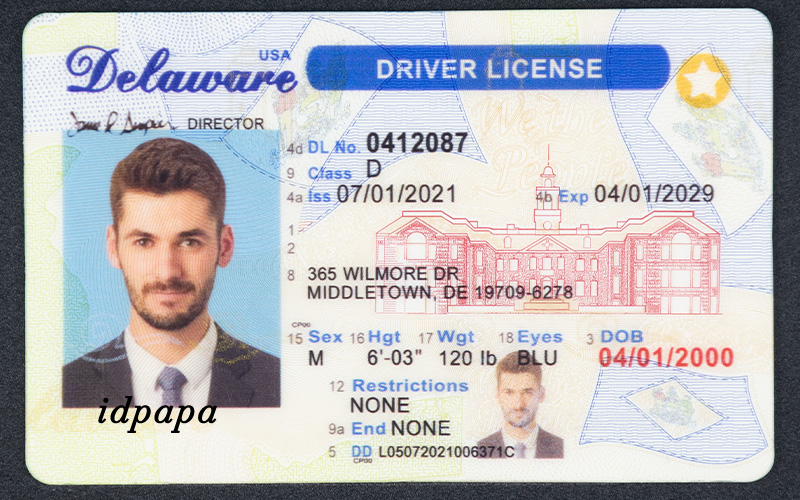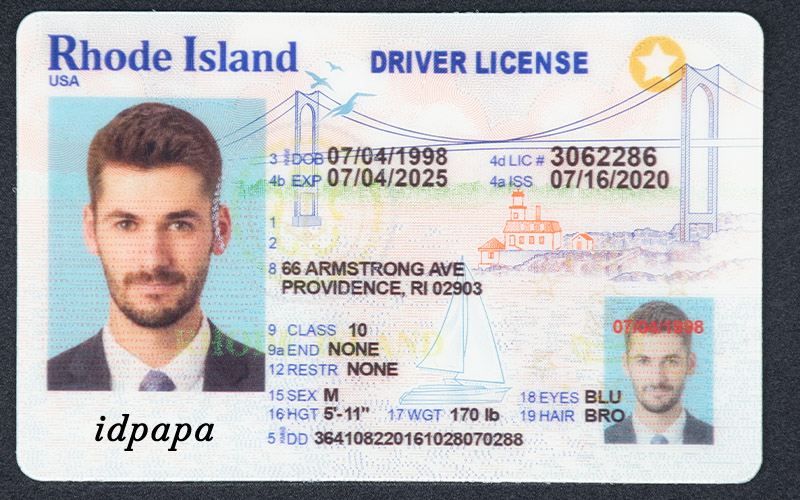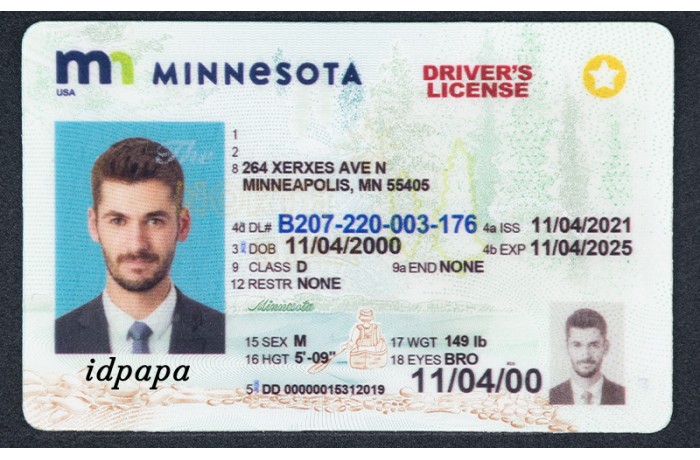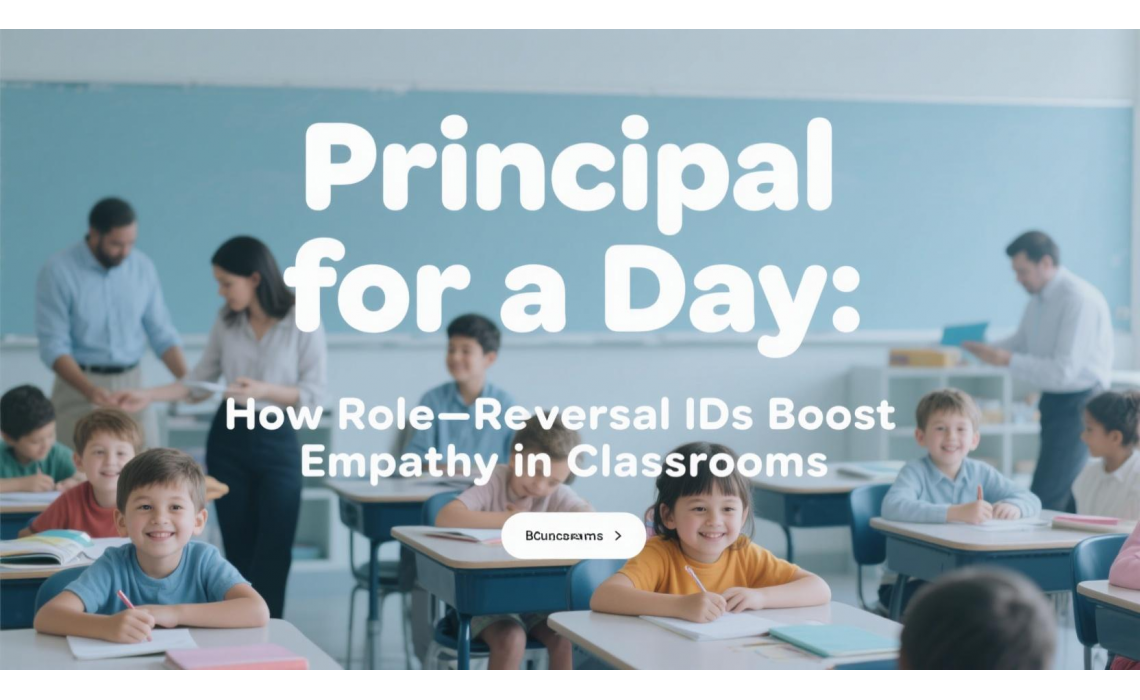Principal for a Day: How Role-Reversal IDs Boost Empathy in Classrooms
Principal for a Day: How Role-Reversal IDs Boost Empathy in Classrooms

In a traditional school setting, students often view authority figures—principals, teachers, and hall monitors as distant enforcers of rules. But what happens when those roles are flipped? When students become “Principal for a Day” or take on novelty titles like “Homework Coordinator,” “Recess Supervisor,” or “Classroom Mediator,” a powerful transformation begins. These role-reversal novelty IDs do more than entertain; they instill empathy, understanding, and maturity in ways that lectures and handbooks simply can’t.
Walking in Someone Else’s Shoes
The concept is simple but impactful: give students temporary titles that place them in the shoes of authority figures. When a child receives an ID card that reads “Assistant Principal,” they’re not just wearing a title—they’re embodying a perspective. They begin to see the classroom through a wider lens, noticing the needs of others and the importance of fairness, responsibility, and communication.
This experience cultivates empathy. A student acting as “Line Leader Supervisor” suddenly understands why teachers emphasize order and respect. A “Classroom Tech Support” role may help a student grasp the stress teachers feel when technology fails during lessons. These temporary roles create emotional connections to the people who normally carry these responsibilities, leading to deeper appreciation and compassion.

Behavior Shifts Through Perspective
One of the most noticeable outcomes of role-reversal novelty ID order is an improvement in student behavior. When students are put in a position of leadership, they often rise to the occasion. They want to be taken seriously and prove they are capable. Suddenly, the “class clown” is helping manage transitions between activities. The shy student finds their voice as a “Peer Mentor,” helping others with assignments.
Teachers report that students who participate in these role-reversal activities often return to their regular roles with more maturity and self-regulation. They’re less likely to interrupt, more likely to support classmates, and more understanding when rules are enforced. Why? Because they’ve seen what it’s like on the other side.

Empathy as a Social-Emotional Skill
Empathy isn’t just a moral value—it’s a core social-emotional skill that predicts long-term success in relationships, academics, and future leadership. By inviting students to experience authority in a playful but intentional way, novelty IDs become a tool for social learning. They encourage reflection, collaboration, and communication.
Instead of punishing misbehavior, educators can use role reversal as a restorative practice. For example, a student who frequently talks out of turn may be given the ID “Voice Monitor” for a day. This gentle shift turns the issue into an opportunity for growth, helping the student understand the importance of listening, turn-taking, and respect.
Creating a Respectful and Inclusive Culture
When every student gets a turn at leadership, it reinforces a sense of inclusion and shared responsibility. No one is left out. Everyone gets to lead—and to serve. This practice strengthens classroom community and builds a culture where respect flows in all directions: not just from students to teachers, but from peers to peers, and even from teachers to students.
Role-reversal novelty IDs can be rotated weekly or monthly, tailored to classroom needs. Teachers can involve students in designing the roles, giving them a sense of ownership. The possibilities are endless: “Lunch Line Director,” “Kindness Patrol,” “Timekeeper,” or “Learning Coach.” These titles invite students into the operations of the classroom and remind them that their contributions matter.
Final Thoughts: Leadership Starts With Empathy
Being “Principal for a Day” may only last a few hours, but the lessons it teaches last a lifetime. By flipping the script and giving students leadership roles through novelty ID blogs and cards, educators are creating more empathetic, engaged, and self-aware learners. In these small moments of role-play, students learn the real meaning of responsibility—not because they were told, but because they lived it.
And in that experience, the classroom transforms—from a place of rules to a place of respect, readiness, and real-world learning.


